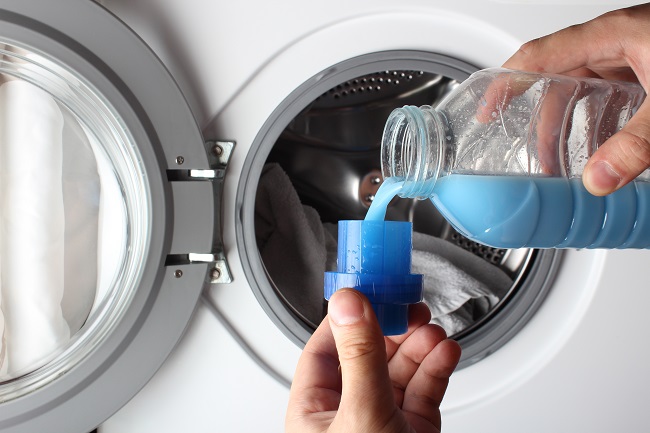People who use fabric softener religiously in every load of laundry can hardly imagine a life without it. Those who don’t use it all the time may have no clue about what it does. Those who don’t use it at all are often skeptical of its benefits. The key is to understand the use of fabric softeners and then to determine whether you need it.
What Is Fabric Softener?
Fabric softener does a lot more than just keeping your clothes smelling fresh. It loosens the fibers and keeps wrinkles to a minimum. It reduces static cling and helps to keep your clothes from sticking together. It also helps reduce wear and tear of the fabric, allowing your clothes to last longer and maintain their color.
Fabric softener comes in three different forms- liquid, dryer balls, and dryer sheets. All fabric softeners are not the same, so it’s important to find the one that works best for you.
Is Fabric Softener Necessary?
Fabric softener is not always a good idea, especially with fabrics that deal with moisture. Towels are one such example. While you want your towels to smell fresh and clean, using a fabric softener may reduce their ability to absorb water. Another fabric softener no-no is workout clothing. The fabric they are made of is designed to breathe and keep moisture away from the body. Using a fabric softener can coat the fabric, making it impossible for moisture to escape.
What Can You Use Instead of Fabric Softener?
There are a variety of alternatives to fabric softener.
- Epsom salt mixed with a little baking soda will eliminate unpleasant odors in the washing machine.
- Wool dryer balls are effective if you want softer clothes with less static.
- You can also add a few drops of essential oils to the rinse cycle for added freshness.
- Vinegar in the rinse cycle also helps to eliminate odors and keep static cling to a minimum.
- A touch of your favorite hair conditioner will provide the same results.
Is Fabric Softener Bad for Washing Machines?
Certain fabric softeners are made with petroleum and may contain animal fats, neither of which break down completely in your washer. This can lead to clogged pipes and even an overgrowth of mold if you aren’t careful. If you choose to use fabric softener in your washing machine, run a load or two with vinegar added to the rinse cycle. This will help to clear away some of the build-ups and halt the growth of mold and mildew.
Where Do You Put Fabric Softener?
Most washing machines are built with a small place for adding fabric softener. This saves you from having to wait until your washer hits the rinse cycle. In the past, the only way to add fabric softener was to stop your machine and add it yourself. Now most machines have a separate slot for your detergent, bleach, and fabric softener, so you can add them at the beginning and forget about it.
These are a few things that you need to know about fabric softeners, including when and where to use them. Doing laundry is a chore many of us dread. If you’d like to make light work of your laundry, regardless of the size, come to Fresh & Clean Laundry. Visit our website or call us today at 619-691-7626 to learn how we can help you do your laundry and dry cleaning in no time.
Comments are closed.


